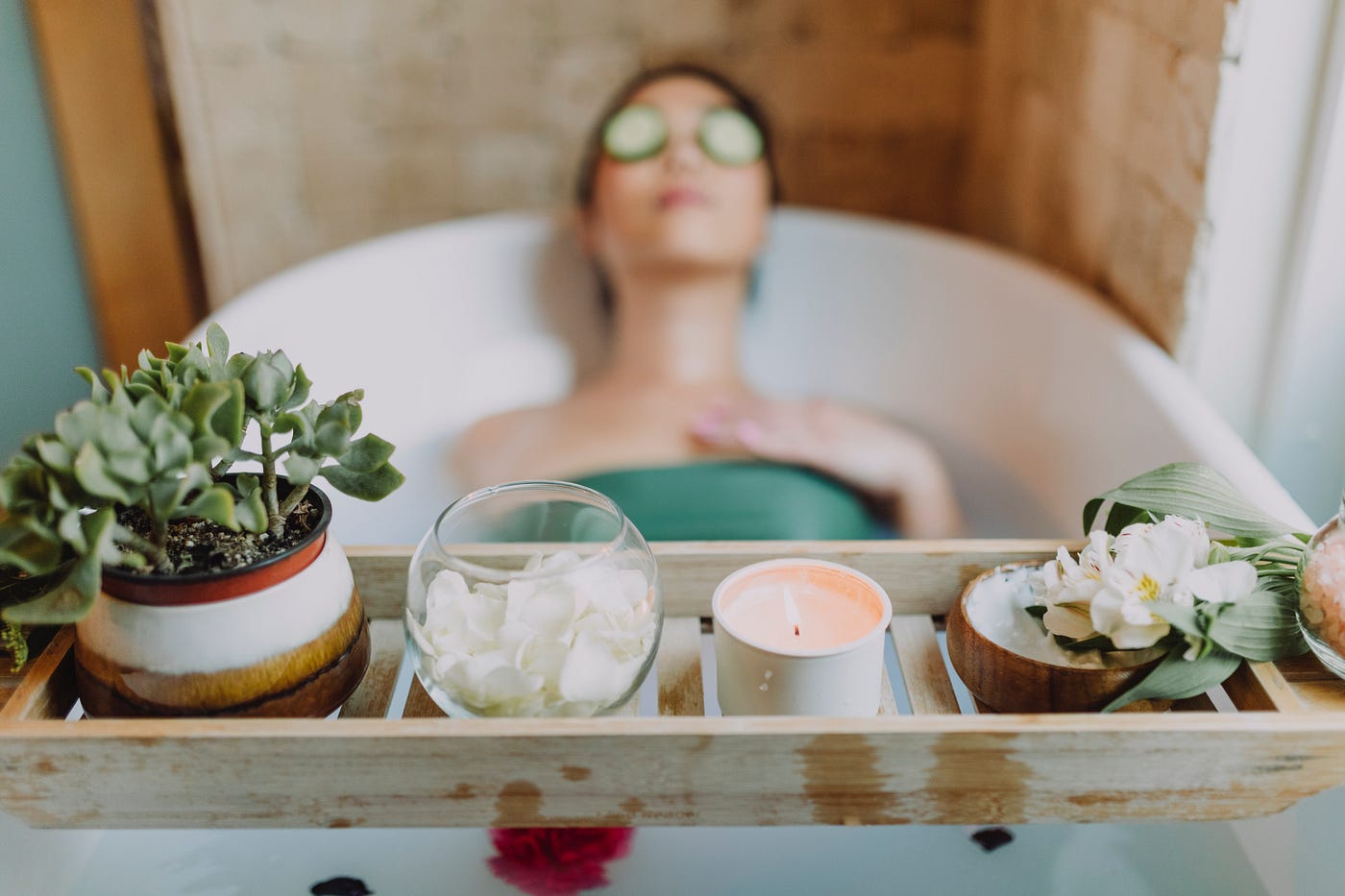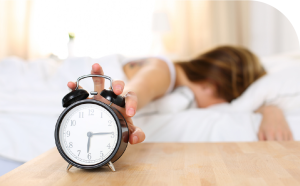The term “self-care” seems to be overused these days, from social media posts about hot tubs to wellness gurus promoting luxury vacations. But the truth is, self-care is so much more than just pampering. Going to the spa or buying expensive skincare isn’t enough. You need to develop habits that benefit your physical and mental health in the long run. In this busy and stressful world, understanding what true self-care entails can revolutionize your life.
Understanding the True Meaning of Self-Care
People often think of self-care as something expensive or unnecessary. In reality, it means making choices that maintain or improve your health and well-being. Doing what’s best for your future self, even when it’s not enjoyable, is part of true self-care. It means setting rules, saying “no” when necessary, eating well, getting enough sleep, and making time for healthy activities.
Pampering yourself is part of self-care, but it’s only a small part of a bigger picture. Self-care is an ongoing process that requires understanding yourself, being persistent, and taking good care of yourself. It means paying attention to your needs and meeting them, instead of pushing yourself too hard and ultimately burning out.
Self-care is essential for your health and well-being. When you neglect it, the consequences are felt in every aspect of your life—from your physical health to your mental balance. When you put the needs of others above your own, you can experience stress, burnout, and fatigue. Prioritizing self-care can energize you, help you focus, and empower you to face life’s challenges.
Regular self-care has been shown to reduce anxiety, improve your sleep, enhance your well-being, and even increase your productivity. This isn’t a sign of weakness or greed; it’s a way to stay healthy. Your body and mind need regular care to perform optimally, just like you don’t let your car run out of gas.
Self-care is about balance, not perfection.
Many people think self-care means having a perfect schedule or doing all the “right” things. But self-care isn’t about perfection; it’s about balance. It’s all about how well you do it. Sometimes self-care means going to the gym and eating well. Other times, it means giving yourself time off without feeling bad.
Moreover, you need to find a method that works for you. Self-care is different for everyone, because everyone’s needs are different. For some, it means writing in a notebook or relaxing. For others, it means taking a walk or talking to family and friends. Pay attention to your body and mind and be kind to yourself.
Taking care of your emotions is crucial for inner peace.
When people talk about self-care, they often focus on physical care, but emotional self-care is just as important. This means taking care of your emotions in a healthy way, setting boundaries, and seeking help when needed. Learning to talk about your feelings instead of suppressing them can prevent emotional burnout and improve your relationships.
You can improve your emotional well-being by writing a book, expressing gratitude, and talking to a trusted friend or doctor. You also need to let go of the need for perfection and forgive yourself for past mistakes. Taking care of your emotions can help you stay calm and in control when life gets tough.
Caring for Your Mind and Soul: Mental and Spiritual Self-Care
Another important part of holistic self-care is taking care of your mental and spiritual well-being. Mindfulness, meditation, reading, or simply taking time to reflect on your moral values and goals are all examples of this. Caring for your inner self gives you focus and a sense of purpose, allowing you to make good choices and behave appropriately.
Spiritual self-care doesn’t necessarily mean going to church; it can mean connecting with something bigger than yourself. It might mean getting outside, showing kindness, or engaging in artistic activities that bring you joy and peace. These small but important habits will help you stay strong and focused.
How to Take Care of Yourself: Develop Healthy Habits Every Day
Practical self-care refers to the things you do every day to help your body function better and reduce stress. This might mean managing your budget, decluttering your living space, or maintaining a regular sleep schedule.
It also means freeing up your electronics, eating healthily, and exercising regularly. These small, lasting habits will lead to a calmer and more fulfilling life. Remember, you don’t have to change your entire routine right away. Even small, regular habits can help.
It’s essential. When you take care of your own well-being, you have more strength and kindness to help others. If you don’t take care of yourself, you’ll only feel angry and exhausted.
Self-care is like putting on your own breathing mask before helping others. You can’t pour water from an empty cup. Taking good care of yourself gives you the strength and focus to fully focus on the people around you.
Frequently Asked Questions
1. What’s the difference between being kind to yourself and taking good care of yourself?
Self-care means making decisions that benefit your long-term health, while self-pampering is more about achieving short-term pleasure. For example, getting enough sleep is self-care, while staying up late every night watching countless shows is self-pampering.
2. What can I do to take care of myself when I’m busy?
Start small. Focusing on your breathing, journaling, or even just five minutes of stretching a day can help. The most important thing is to persevere—no matter how busy your schedule, always put yourself first.
3. Can self-care relieve anxiety and stress?
Of course. Regularly practicing self-care activities like deep breathing, exercise, mindfulness, and journaling can calm your nervous system and make it easier to manage your emotions, allowing you to better cope with worry and anxiety.
4. How often should I take care of myself?
Self-care should be something you do every day, not just occasionally. Don’t see it as a reward, but as a form of recovery. People are more open to small, recurring acts of kindness than to one-time, large ones.
5. What are some inexpensive ways to take care of yourself?
You don’t need expensive equipment or spa treatments to take care of yourself. You can take care of yourself effectively and for free through simple things like walking, relaxing, drinking enough water, or spending time with people you care about.
In summary
True self-care means taking care of your body, mind, and soul, not just fleeting pleasures. It means making choices that prioritize your health, peace, and happiness. When you start seeing self-care as a necessity, not something you do for fun, you’ll be better prepared for a healthy and meaningful life.
In a world constantly craving your attention and energy, self-care is a gentle way to remind yourself that you deserve love, peace, and kindness every day, not just occasionally.




